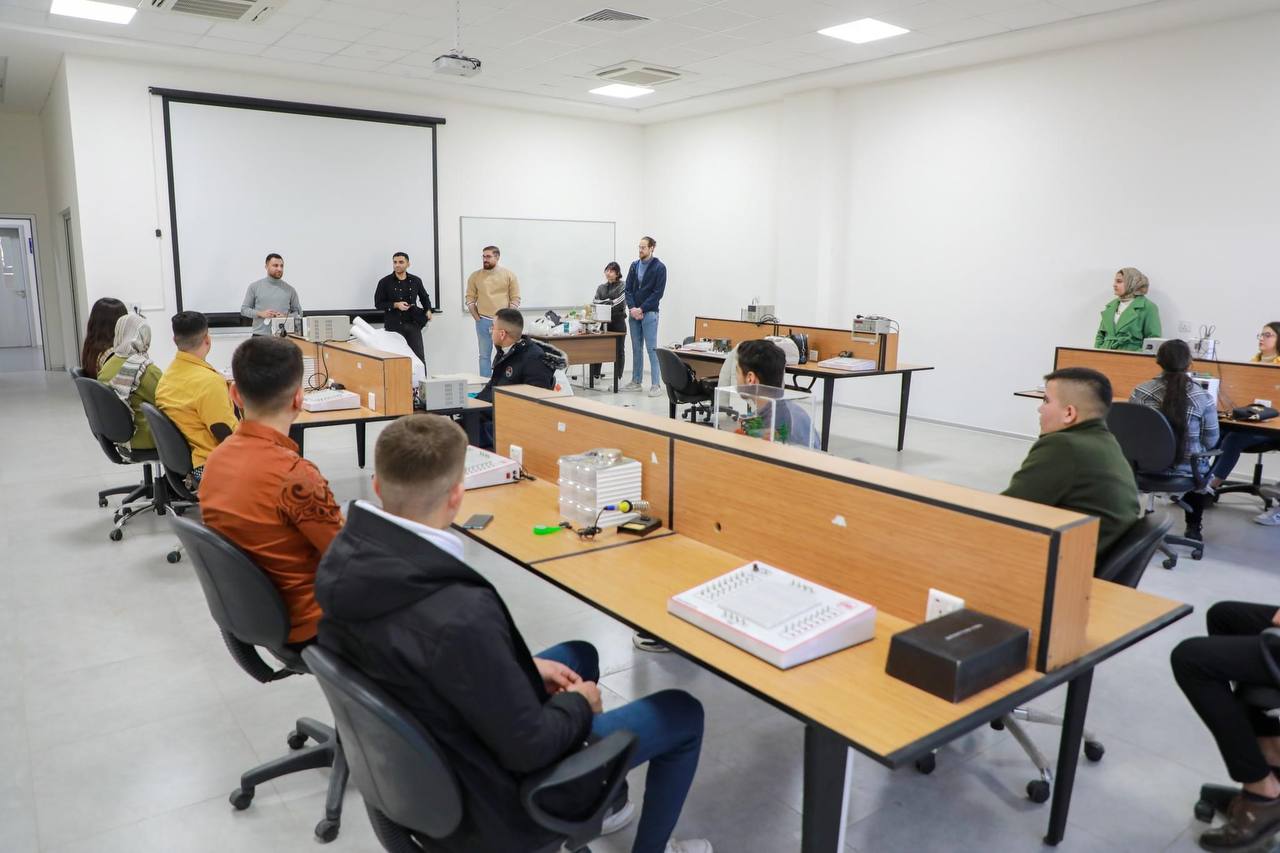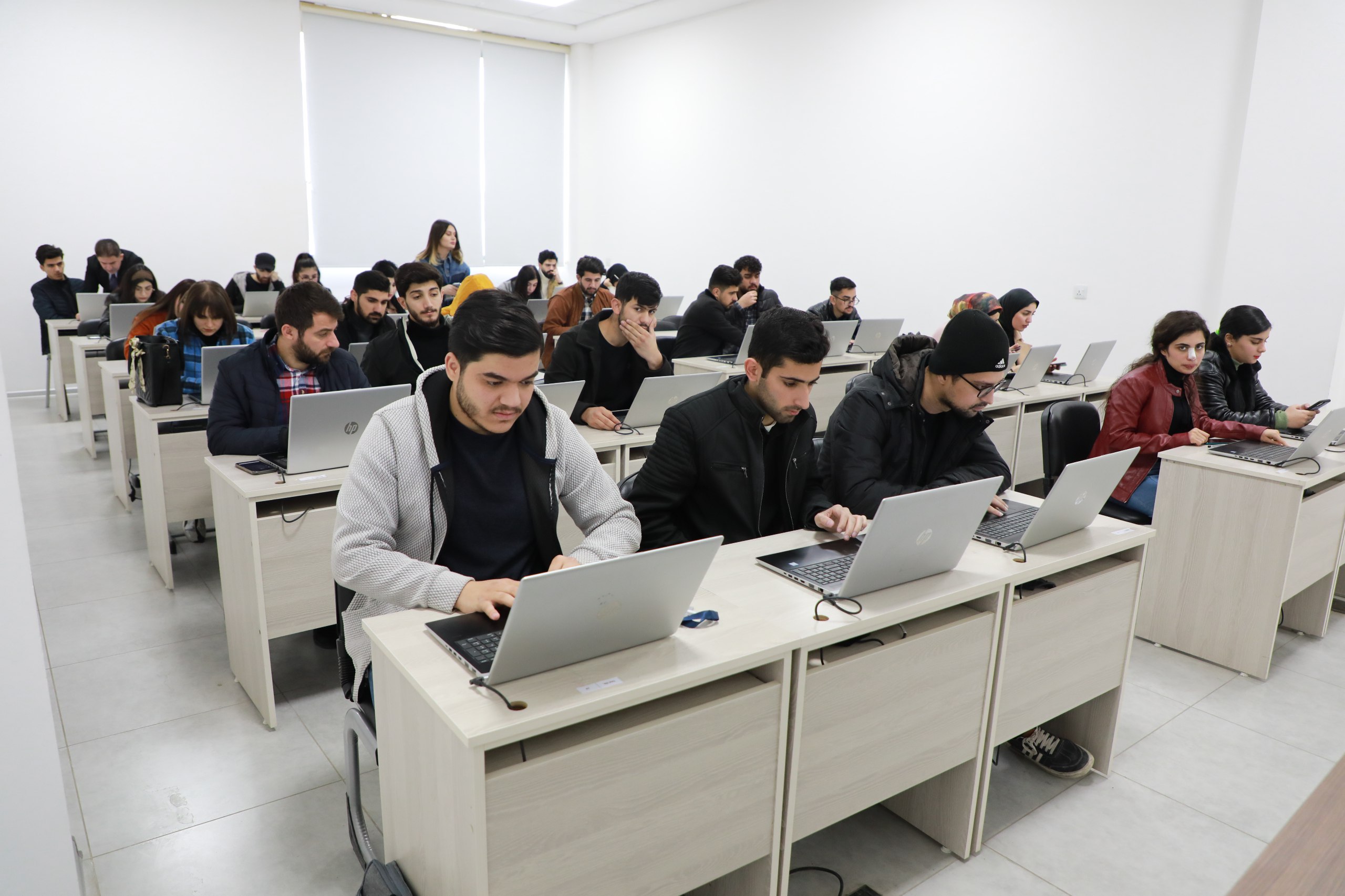Biomedical engineering is the innovative integration of engineering principles and problem-solving techniques with the fields of biology and medicine. Its impact spans across the entire spectrum of healthcare, from diagnosis and analysis to treatment and recovery. This dynamic discipline has gained widespread recognition due to the proliferation of life-changing implantable medical devices like pacemakers and artificial hips, as well as its involvement in cutting-edge advancements such as stem cell engineering and the 3-D printing of biological organs. Unlike other engineering disciplines with implications for human health, biomedical engineers possess a distinct advantage: they draw upon an intimate understanding of modern biological principles throughout their design process. By merging aspects of mechanical, electrical, chemical, and materials engineering, along with disciplines like chemistry, mathematics, and computer science, biomedical engineering converges these diverse fields with human biology to elevate human health and healthcare to new heights. This approach enables the creation of remarkable innovations, ranging from highly advanced prosthetic limbs to groundbreaking discoveries in protein identification within cells. In essence, biomedical engineering serves as a driving force behind transformative improvements in human well-being across all levels of healthcare. Its relentless pursuit of excellence continues to redefine the boundaries of what is possible, ushering in an era of unprecedented advancements in medicine and enhancing the quality of life for countless individuals.


| 1 | Awarding Institution | Universiti Teknologi Malaysia (UTM) |
|---|---|---|
| 2 | Teaching Institution | Qaiwan International University |
| 3 | Programme Name | Bachelor of Engineering (Biomedical) |
| 4 | Final Award | Bachelor of Engineering (Biomedical) |
| 5 | Programme Code | SEBB-01 |
| 6 | Professional or Statutory Body of Accreditation | Ministry of Higher Education |
| 7 | Language(s) of Instruction | English |
| 8 | Mode of Study (Conventional, distance learning, etc) | Conventional |
| 9 | Mode of operation (Franchise, self-govern, etc) | Self-governing |
| 10 | Study Scheme (Full Time/Part Time) | Full Time |
| 11 | Study Duration | Minimum: 4 years - Maximum: 6 years |
| # | Classification | Credit Hours |
|---|---|---|
| 1 | General | 12 credits |
| 2 | Language | 8 credits |
| 3 | Co-Curriculum | 3 credits |
| 4 | Free Electives | 9 credits |
| 5 | Core Courses | 106 credits |
| Total Credit Hours to Graduate | 138 credit hours | |
| # | PLO | |
|---|---|---|
| 1 | Apply knowledge of science and engineering fundamentals to the solution of complex biomedical engineering problems. | |
| 2 | Identify, formulate, and solve complex biomedical engineering problems through structured literature research and a scientific approach using the first principles of mathematics, natural sciences, and engineering sciences. | |
| 3 | Design solutions for complex biomedical engineering problems with consideration for public health and safety, cultural, societal, and environmental needs. | |
| 4 | Conduct investigations into complex Biomedical Engineering problems using research-based knowledge and methodology to provide scientific conclusions. | |
| 5 | Select and apply appropriate techniques, resources, and modern medical engineering and IT tools to complex biomedical engineering activities, with an understanding of the limitations. | |
| 6 | Apply reasoning informed by contextual knowledge to assess societal, health, safety, legal, and cultural issues in professional biomedical engineering practice. | |
| 7 | Understand the role of biomedical engineers in society regarding social, cultural, environmental, and global responsibilities for sustainable development. | |
| 8 | Ability to evaluate and make appropriate professional decisions by taking into account ethical principles, and social and environmental responsibilities. | |
| 9 | Communicate effectively on complex engineering activities through written, oral, visual, and graphical forms with colleagues and society at large. | |
| 10 | Develop leadership attributes and be committed to achieving common goals in multidisciplinary settings using good team working skills. | |
| 11 | Ability to adapt to the latest developments within the biomedical engineering field for life-long learning and continuous knowledge improvement. | |
| 12 | Demonstrate knowledge and understanding of management and financial aspects of biomedical engineering and develop entrepreneurship skills. | |
Graduates of this course can find work opportunities in hospitals, companies involve in biomedical products, either manufacturing them, sales and service, or R&D, Ministry of Health, Malaysia, and any other party interested in health care.
QIU © All Rights Reserved | by QIU IT-Office | @ 2022 QIU University